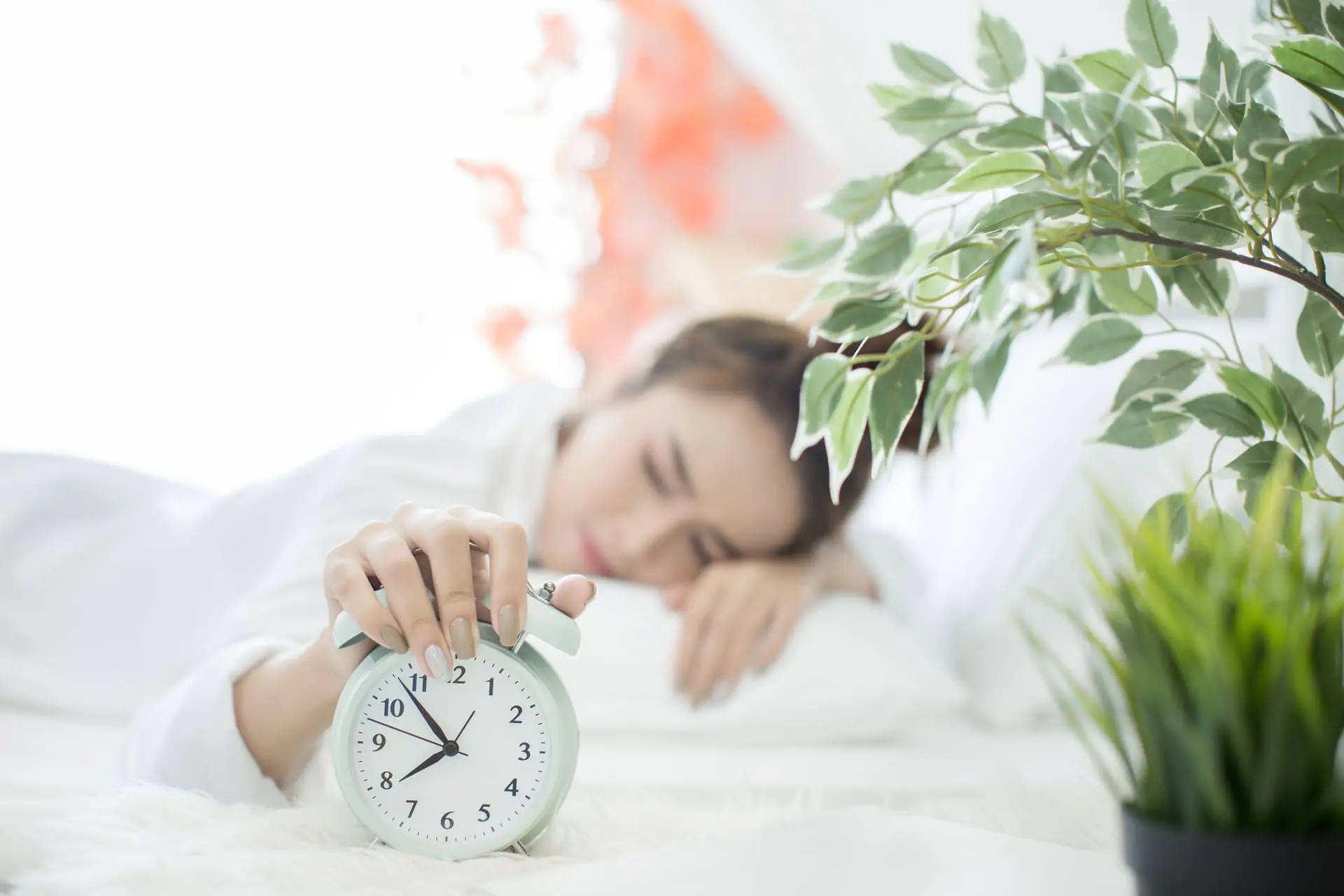Spring is a time of renewal, but for many, it becomes a source of sleep disturbances. Sleep disorders during this season are often linked to hormonal changes, shifting daylight hours, and increased stress. Instead of turning to sleeping pills—which may cause dependence—it’s better to rely on natural methods of restoring sleep. In this article, Baltimore Chronicle’ll explore the causes of spring insomnia and share effective advice on how to fall asleep without medication. You’ll learn how to change your habits so your sleep becomes deep and restorative.
Why Does Insomnia Occur in Spring?
Spring brings significant changes to our biological rhythm. The body responds to the lengthening days, temperature fluctuations, and atmospheric pressure. This can result in:
- Disrupted melatonin secretion — the sleep hormone
- Decreased energy due to seasonal vitamin deficiency
- Increased nervous system excitability
- Adaptation stress from switching to daylight saving time
Hormonal Imbalance and Seasonal Rhythm
Melatonin is produced in darkness, and its production decreases as daylight increases. This can result in the brain not receiving the “sleep signal,” even when you’re tired.
Asthenia as a Response to Seasonal Change
Spring asthenia is a condition marked by fatigue, irritability, daytime drowsiness, and insomnia at night. It often resolves on its own, but sometimes support is needed.
How to Restore Sleep Without Sleeping Pills?
Instead of medication, you should consider methods that help reset your natural sleep regulation mechanisms.
Here are the main ones:
- Regular Sleep Schedule
Go to bed and wake up at the same time every day, including weekends. - Limit Screen Time Before Bed
Screen light suppresses melatonin production. - Get Daytime Physical Activity
Outdoor walks help the body become naturally tired. - Relaxation Techniques
Meditation, breathing exercises, or a warm bath calm the nervous system. - Sleep in a Dark, Cool Room
Ideal sleeping temperature is around 18°C (64°F).
Why Should You Avoid Sleeping Pills?
Sleeping medications work quickly but have side effects: they may cause dependency, reduce sleep quality, and result in morning grogginess. Natural methods work more slowly but offer sustainable results.
Foods That Help You Sleep Better
Nutrition plays a key role in sleep quality, especially in spring when the body needs extra support. Some foods promote melatonin and serotonin production.
These include:
- Bananas — a source of magnesium and tryptophan
- Oatmeal — stabilizes blood sugar levels
- Nuts — especially almonds and walnuts
- Figs and dates — help relieve tension
- Milk or yogurt — contain calcium needed for melatonin synthesis
What Not to Eat Before Bed
- Caffeine (coffee, chocolate, green tea)
- Alcohol (disrupts deep sleep cycles)
- Fatty or spicy foods (cause discomfort)
Healthy Habits for Deep Sleep
Establishing bedtime rituals helps signal the brain that it’s time to rest. These habits really work:
- Stop working at least an hour before bed
- Read fiction instead of news or social media
- Use essential oils (lavender, chamomile)
- Keep a gratitude journal at night
- Do light stretching before going to bed
The Role of Light in Sleep Quality
Avoid bright lighting in the evening. Warm, soft light works best—it tells your brain it’s time to relax.
Sleeping Pills vs. Natural Methods
| Criterion | Sleeping Pills | Natural Methods |
|---|---|---|
| Effectiveness | Fast, but short-term | Gradual, long-term |
| Side Effects | Often present | None or minimal |
| Dependency Risk | High | Low |
| Accessibility | Requires prescription | Freely available |
| Supports Biorhythms | Disrupts | Restores |
When to See a Specialist?
Sometimes natural methods aren’t enough, which may indicate a more serious problem. You should consult a doctor if:
- Insomnia lasts more than three weeks
- Daytime drowsiness becomes unmanageable
- Anxiety or panic attacks appear
- Appetite and mood disorders occur
Which Doctor Treats Sleep Disorders?
You can start with a general practitioner, neurologist, psychotherapist, or sleep specialist. In cases of suspected sleep apnea, an ENT or sleep medicine doctor may be needed.
Eralier we wrote about what does it mean to dream of drowning.

